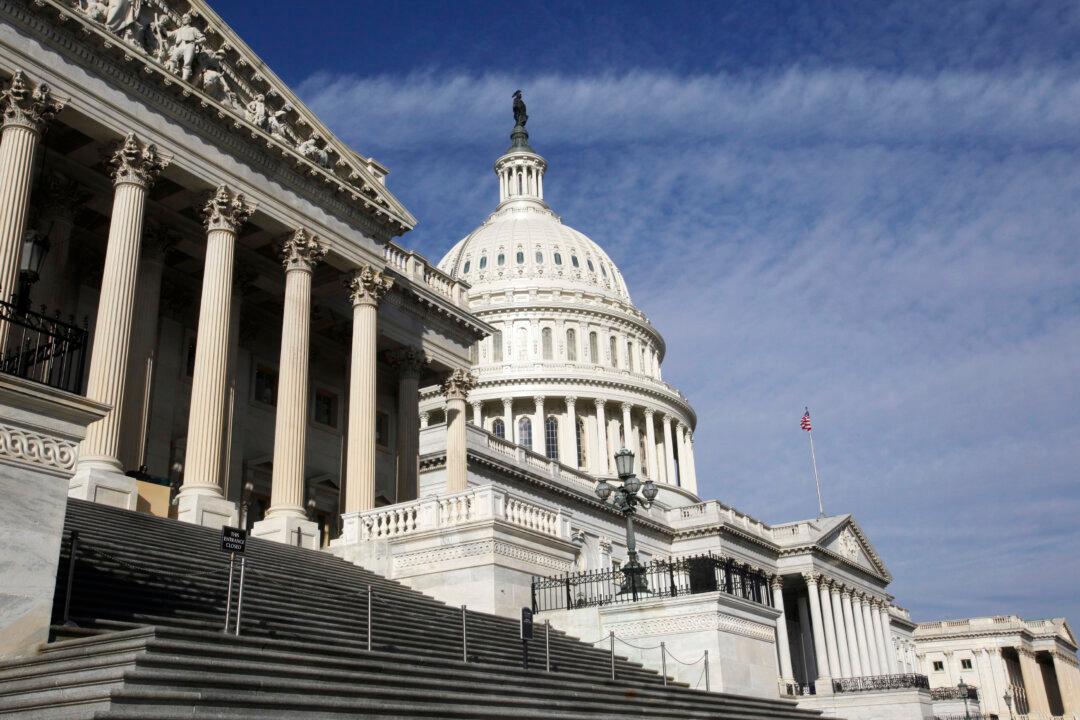WASHINGTON–Republicans in the U.S. House of Representatives plan to unveil another round of tax cuts this week, hoping to draw a sharp contrast between themselves and Democrats ahead of the Nov. 6 congressional elections.
Republican lawmakers and strategists say a new tax debate should amplify the party’s upbeat economic message, touting a report by the nonpartisan Tax Foundation that forecast the creation of 1.5 million jobs and wage increases if individual tax cuts in last year’s tax reform bill were made permanent.





